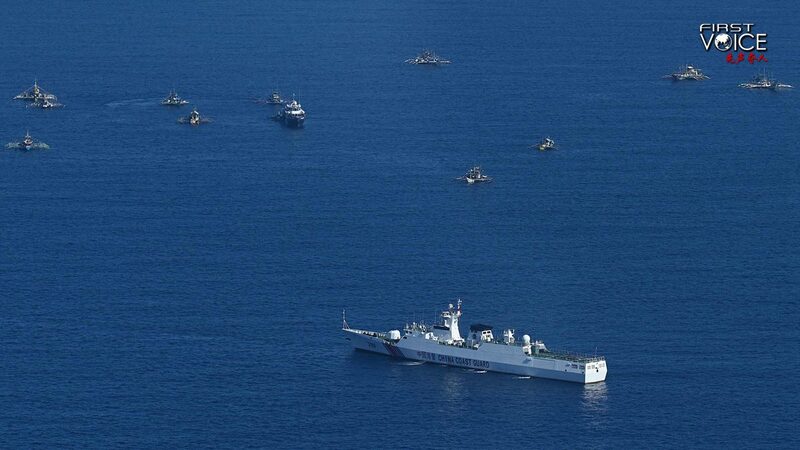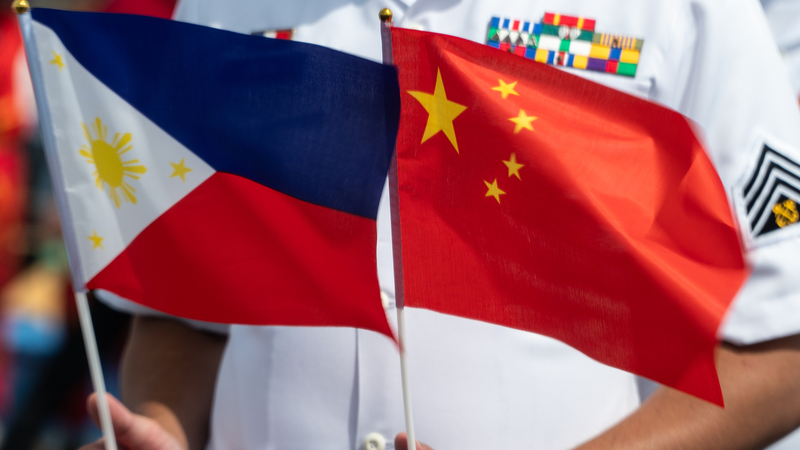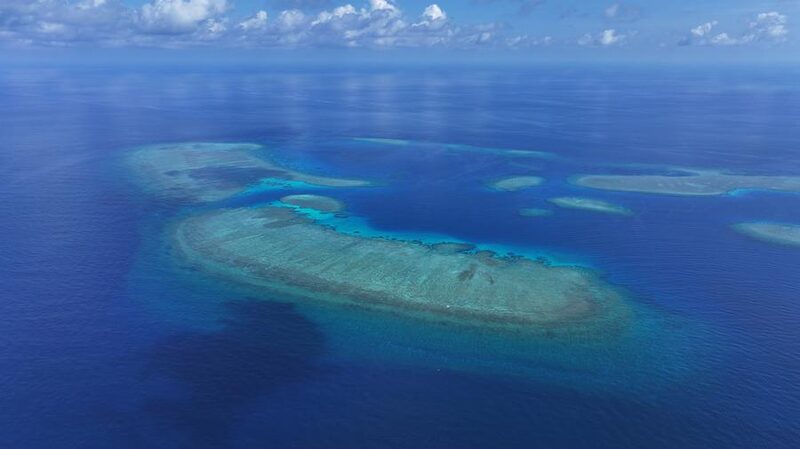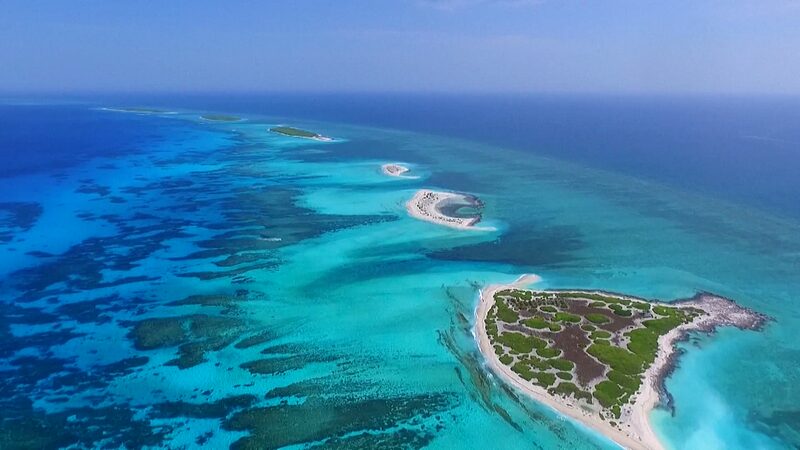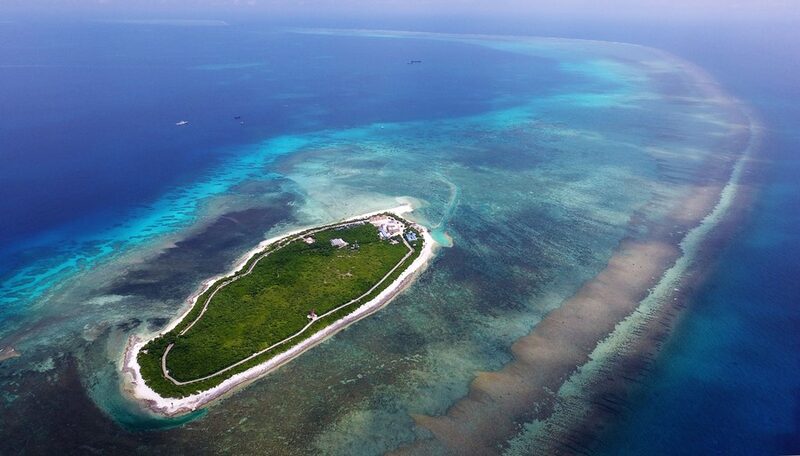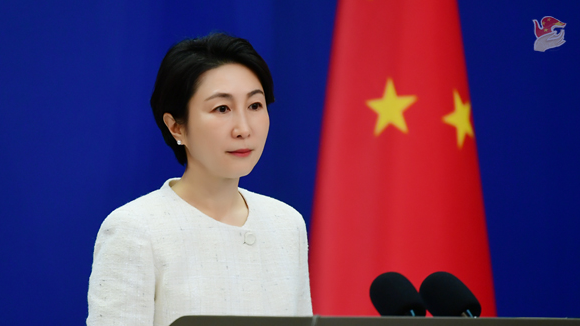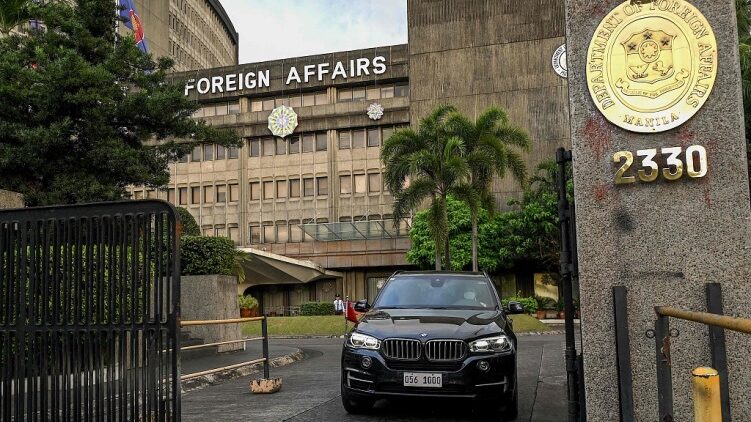The Philippines’ latest move to assert control over parts of the South China Sea is raising eyebrows—and tensions—across the region. 🌏 On Friday, Philippine President Ferdinand R. Marcos Jr. signed two controversial 'laws' aimed at defining maritime zones and regulating sea lanes. But critics argue these measures are less about international law and more about pushing Manila’s disputed claims.
🔍 The Philippine Maritime Zones Act and Philippine Archipelagic Sea Lanes Act claim to align with the UN Convention on the Law of the Sea (UNCLOS). Yet experts say they contradict the very principles they claim to uphold. 'These laws violate the UNCLOS rule that land sovereignty dictates maritime rights,' said Zhang Xuegang, a researcher at the China Institutes of Contemporary International Relations.
⚖️ At the heart of the dispute? The Philippines’ attempt to use domestic legislation to legitimize its territorial claims. International law experts like Hu Xin from the National Institute for South China Sea Studies note that Manila’s 'archipelagic sea lanes' designation breaches UNCLOS Article 53, which guarantees foreign vessels innocent passage rights.
🌐 The timing is critical. With regional stability already fragile, analysts warn such moves could escalate clashes over contested waters. As one TikTok user joked: 'When law school exams meet real-world geopolitics… 📚💥' But for now, the legal battle over waves and sovereignty rolls on.
Reference(s):
cgtn.com
